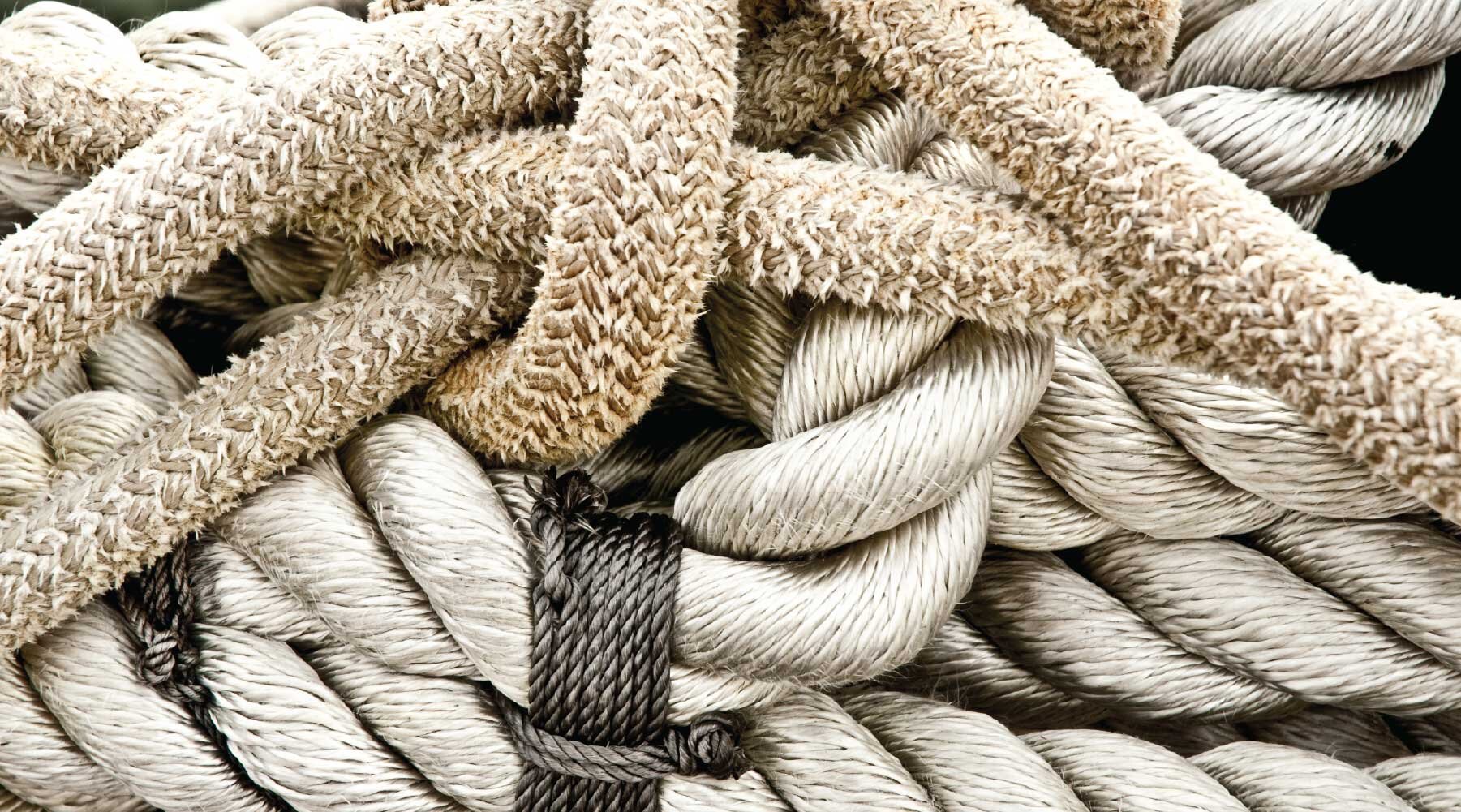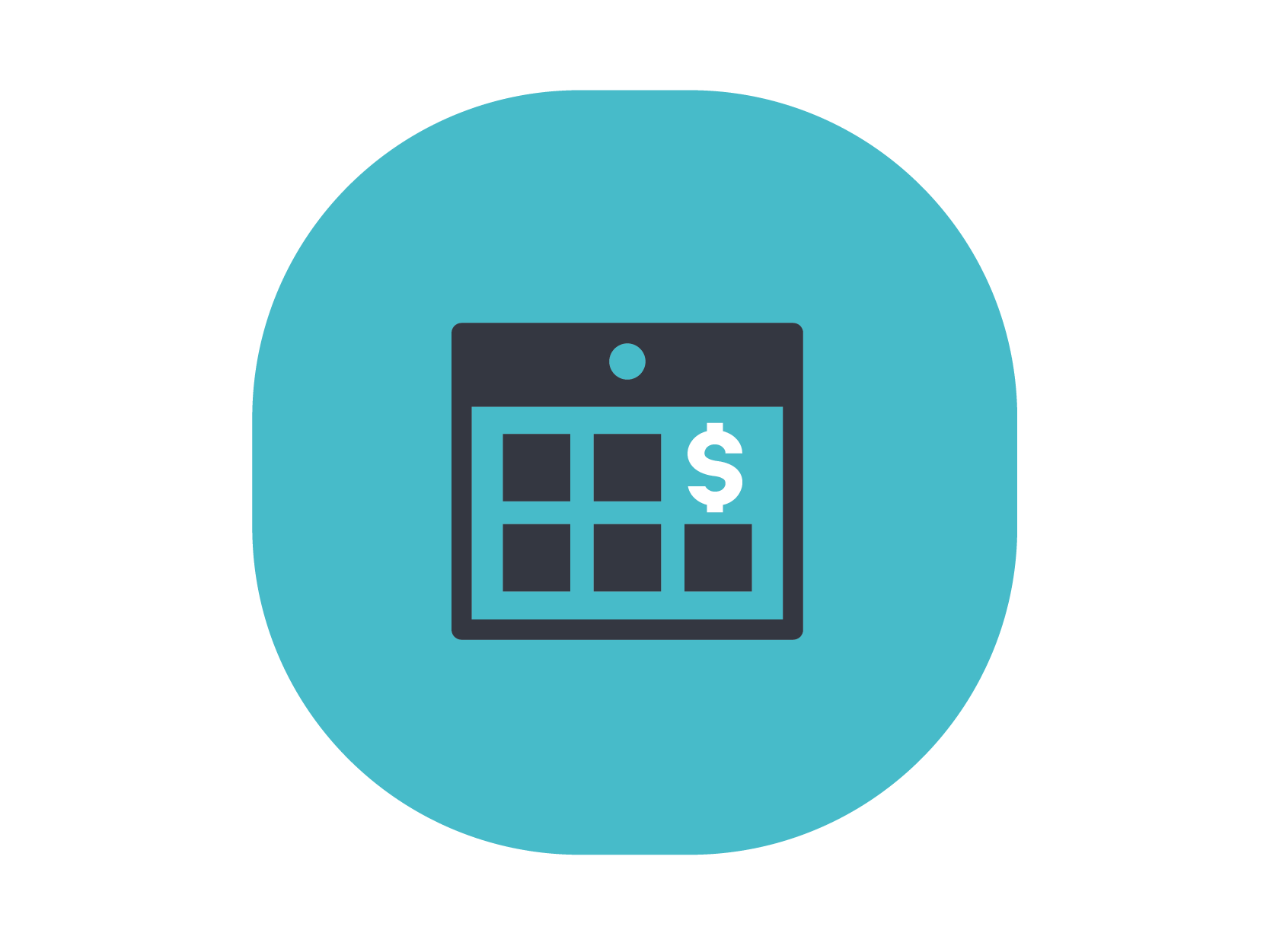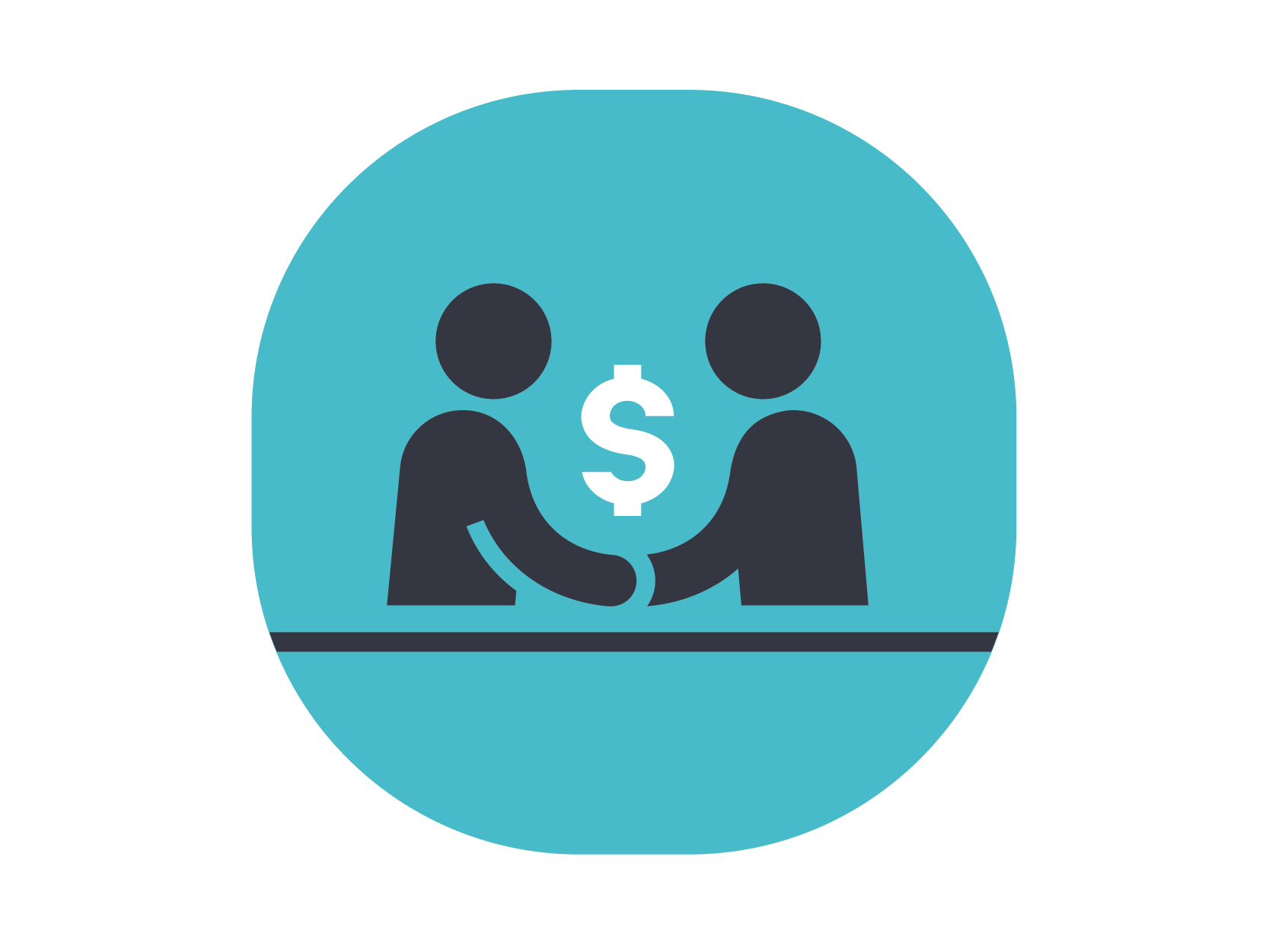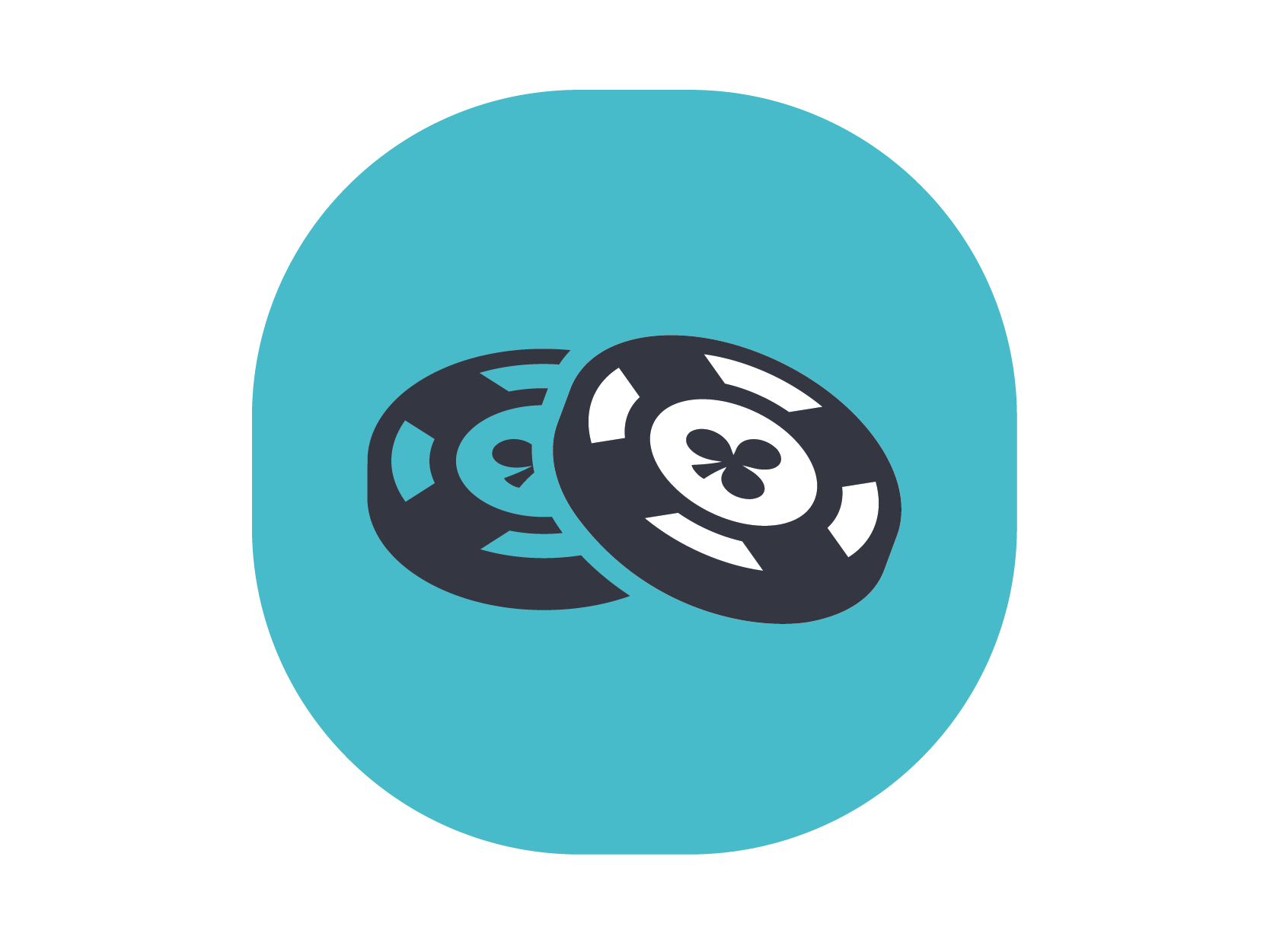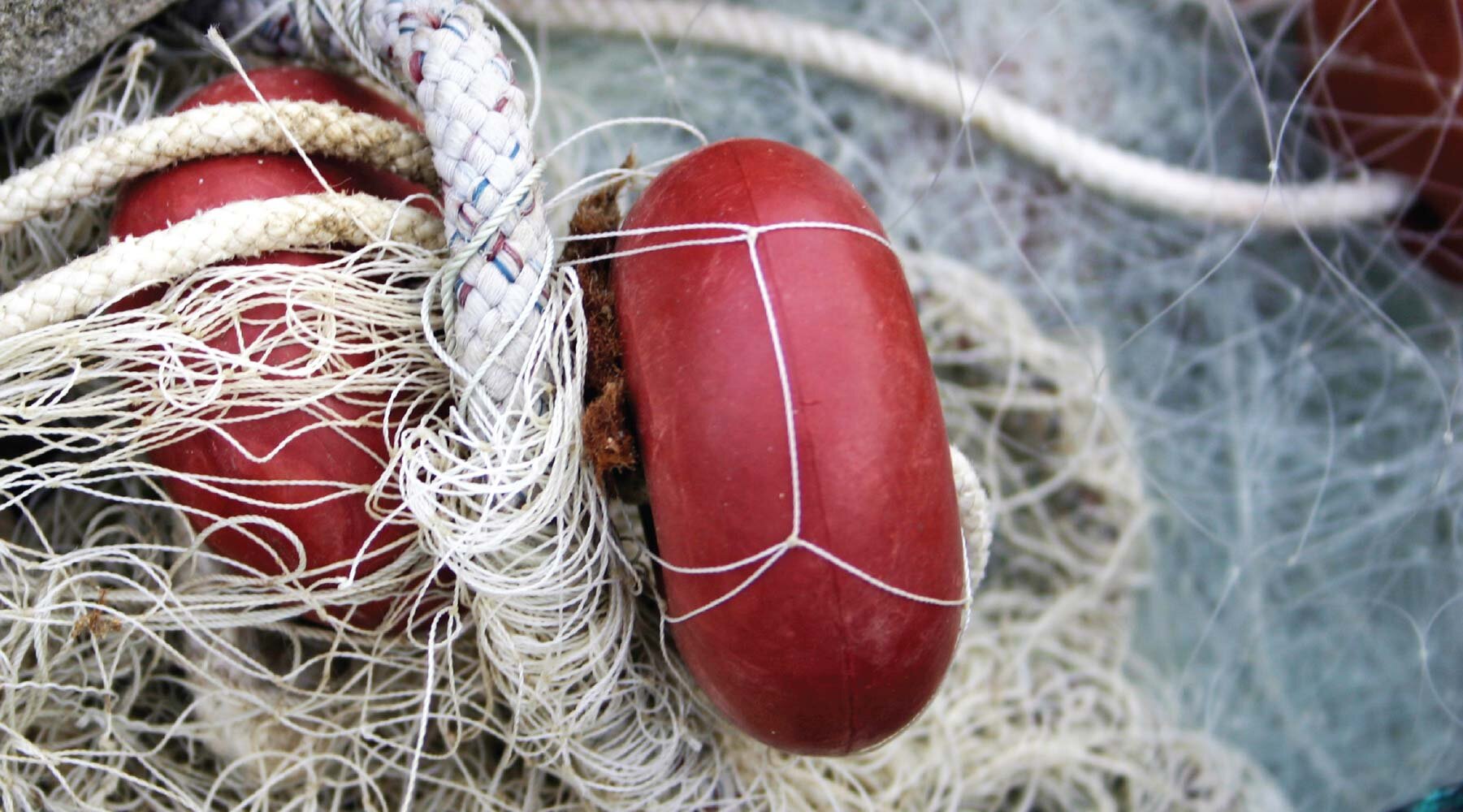
Credit cards / Store cards
Credit cards and store cards are convenient for smaller purchases or for when you want to spread the cost of a slightly larger purchase. In a perfect world, you buy the item you need and pay it off over time without incurring too much interest, however getting into the habit of using a credit card to pay for everyday living costs is risky, unless you are able to pay the balance in full each month.
Credit cards and store cards are a form of unsecured borrowing, so it’s unlikely that your lender will be able to repossess any goods to recover credit card debts, but that doesn’t mean you shouldn’t take credit card debt seriously. Credit card debts can be costly, often spiral out of control quickly and non-payment will have a significant impact on your credit score, making it harder for you to borrow in future.
Unless it’s an emergency, it’s not smart to use your credit card for cash withdrawals, as not only will the advance have a fee attached to it, it will also have a higher interest rate, even when special interest rates or offers might suggest otherwise.

Credit Card Interest Charges
In most cases, credit card companies make money by charging you interest on your balance. So it’s important to either try to pay off the full balance each month, or remember to account for interest payments if you don’t.
When money is tight, it’s tempting to pay off just the minimum balance, but doing this will cost more in the long run and it will take longer to clear your debt. Your balance will steadily grow and if you do this for long enough, you’ll end up owing a lot more than you spent.
If your circumstances suddenly change, or you make a mistake, you can quite quickly find yourself in trouble.
Common causes of credit card debt
A credit card is a relatively simple form of borrowing, but it can quickly become a costly source of problem debt. Common causes include:
Accidentally going over your credit limit and incurring fees
Forgetting to make the minimum repayment or paying it late
A change in circumstances meaning you can’t make the minimum payment.
Ways to stay on top of your credit card bills
Set up a standing order so you always make the minimum payment
Make an additional payment on top of that if you can afford to
Set aside enough money each month to pay back what you spend
Use a comparison site to find a lower, or zero interest deal so you can pay off more of the balance each month, but do cut up your old card, otherwise you may end up with two cards “maxed out”.
Have a look at types of debt:
